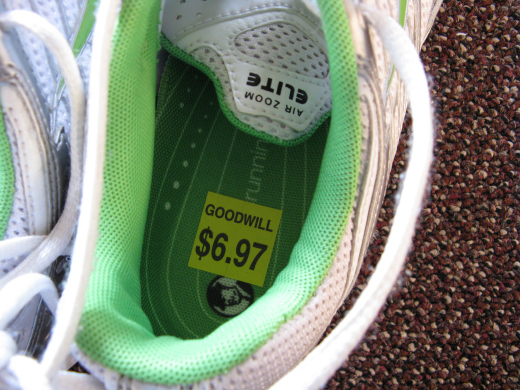This article is the second in a series on how to get out of debt. If you haven’t already, you should check out the first article: How to Get Out of Debt: Step 1 – Declare War on Your Debt.
Step 2 – Stop Increasing Your Debt
If you’re committed to getting out of debt, you have to stop doing the things that got you there in the first place. How did you get in debt? By borrowing money. Sure, there may have been various reasons for why you borrowed the money. But the actual act of borrowing the money is what put you in debt.
This may sound pretty stupid, but continuing to pile on more debt while you’re trying to pay off your debt is even dumber. It’s like trying to empty a bathtub with a spoon while the water is still gushing out of the faucet. You’re not going to get anywhere! Even if you’re paying off the debt faster than you’re accumulating it, you’re just prolonging the process. If you want to destroy your debt as quickly as possible, stop increasing your debt now!
That means don’t borrow money for a new car (brand new or new to you). Don’t borrow money for a boat or that vacation you’ve been dreaming about. Don’t use your credit cards. In fact, cut them up, freeze them in a block of ice, stick them in a safety deposit box – do whatever you must to keep from using them! There’s a way to use credit cards effectively and wisely, but now is not the time. Stay away from them until you’ve paid off your debt!
If you’re serious about getting out of debt, I want you to have the best possible chance of achieving your goal. And you’ll greatly improve your chances if you stop increasing your debt right now. So that’s step two – stop increasing your debt.
Get Free Updates!
If you want to keep getting tips on how you can get out of debt and manage your personal finances well, make sure you sign up for free updates to Provident Planning! I’ll be continuing this series throughout the year while I also explore other aspects of personal finance.
Let me know how you’re going to stop increasing your debt in the comments below!






